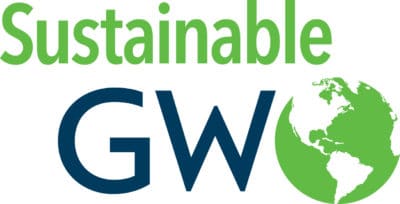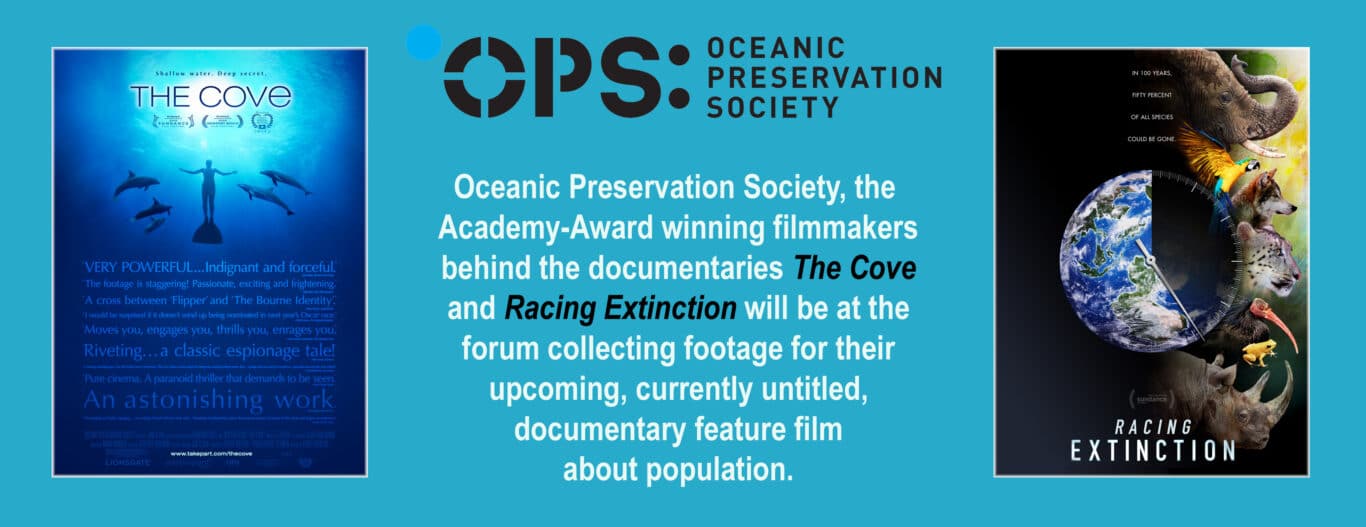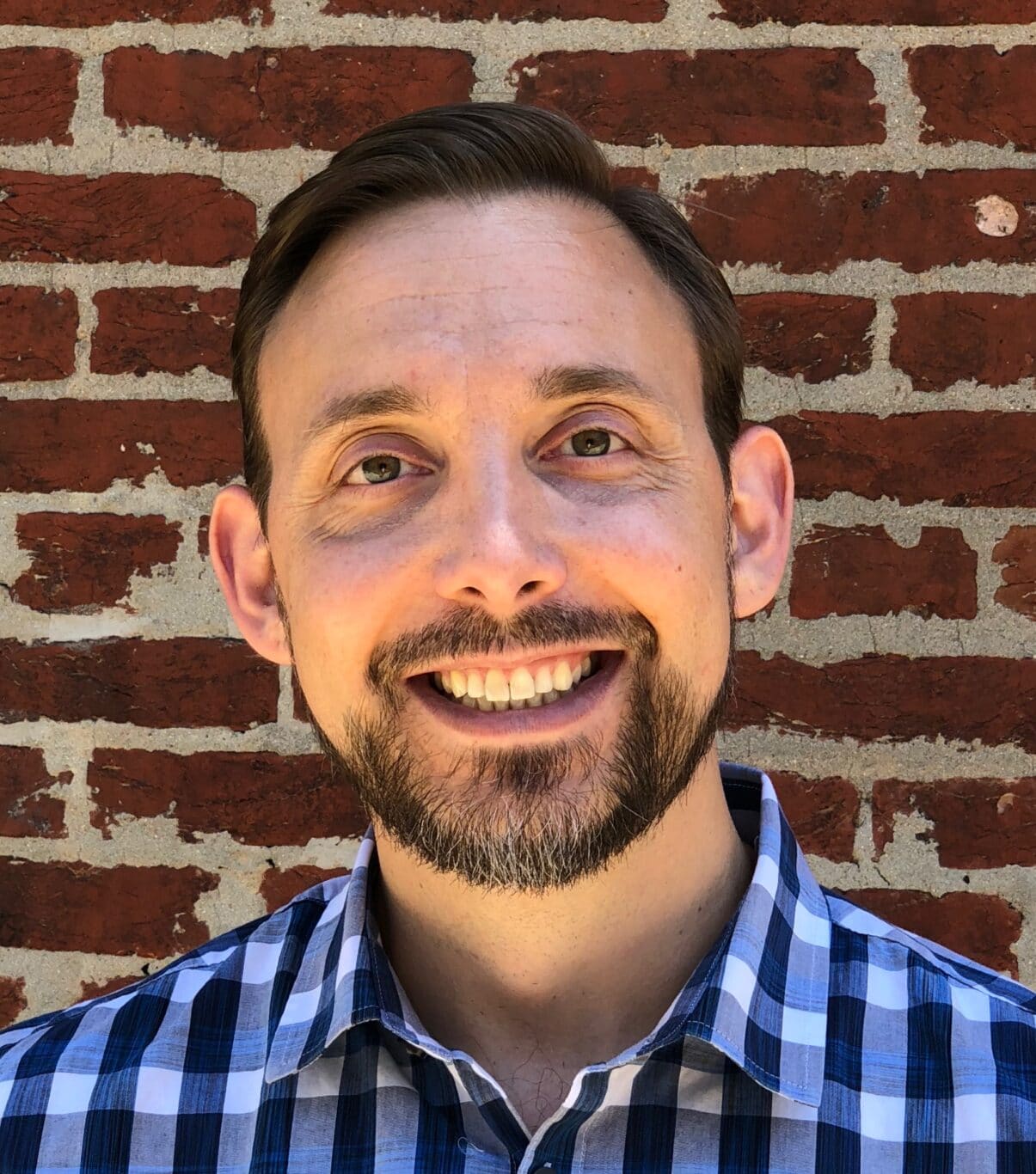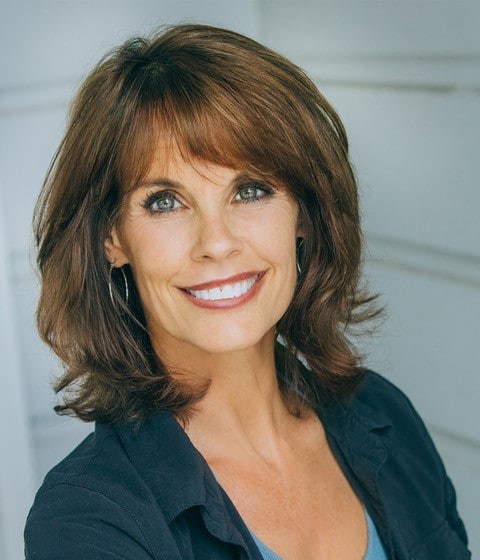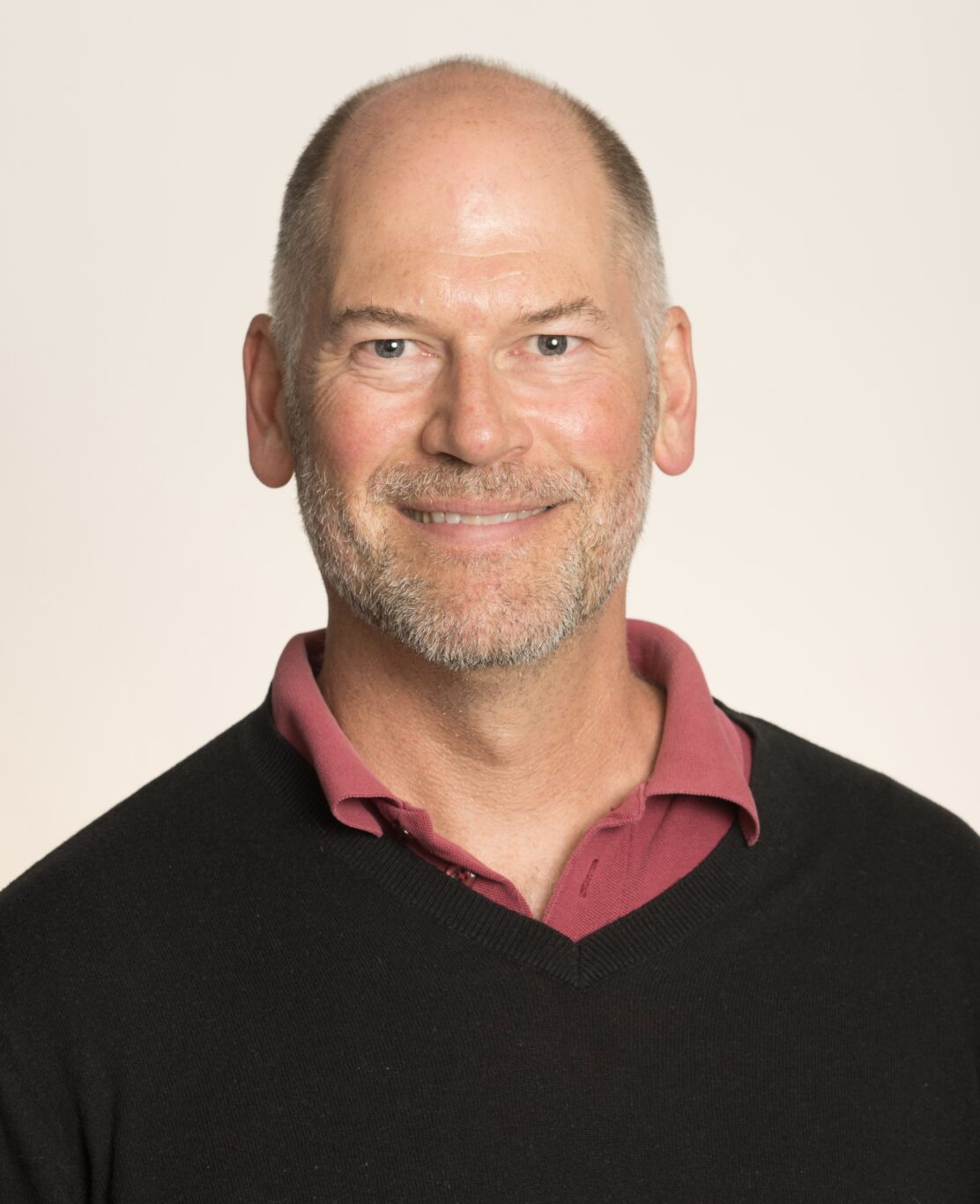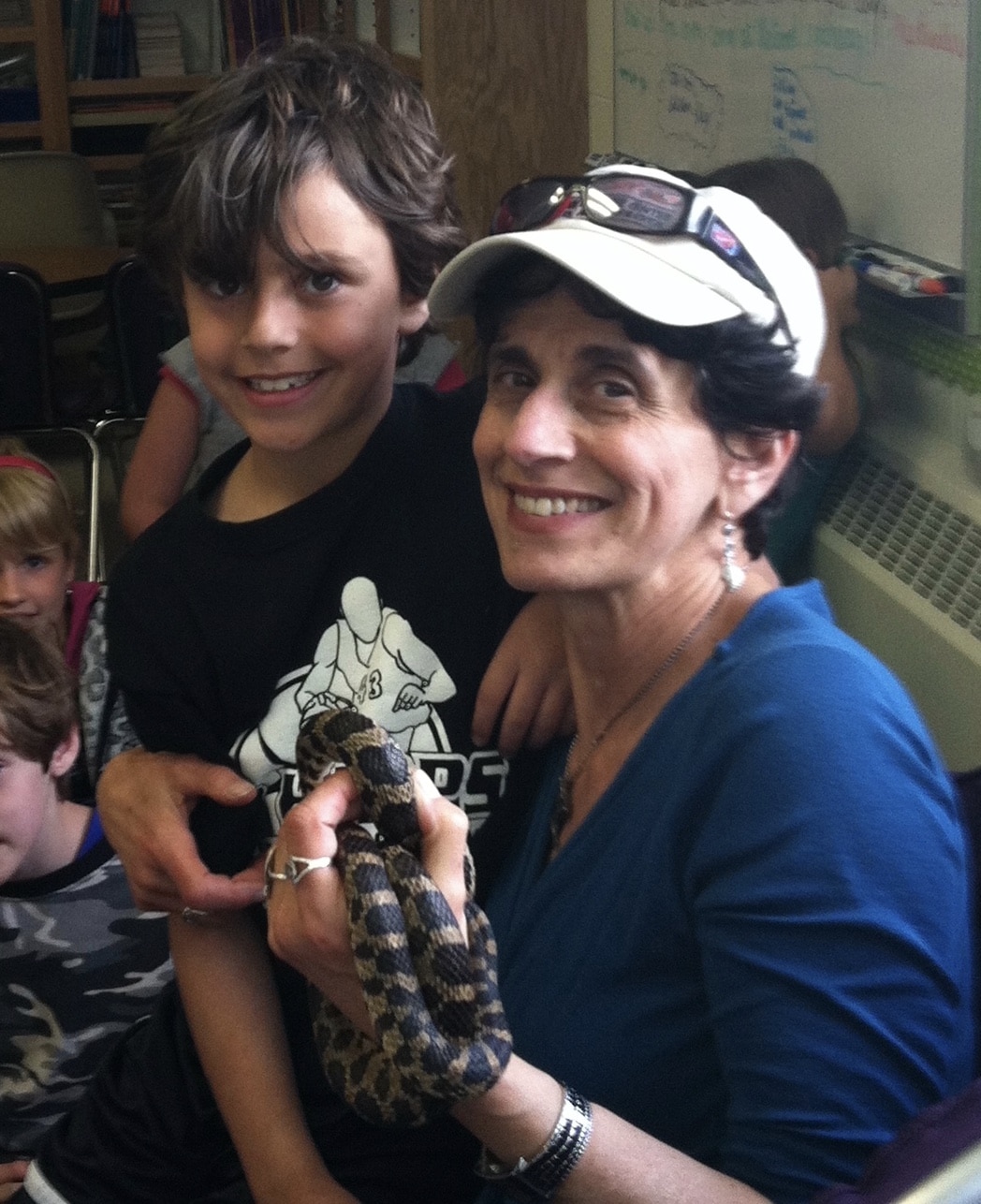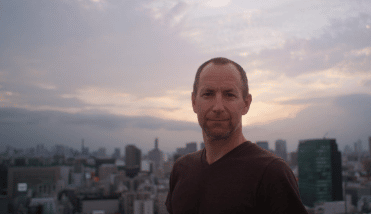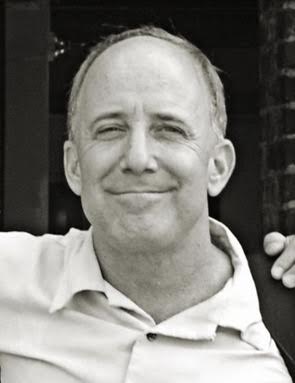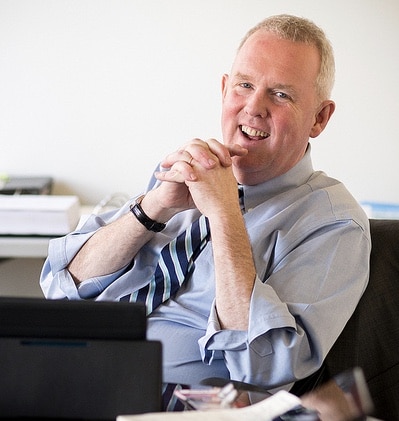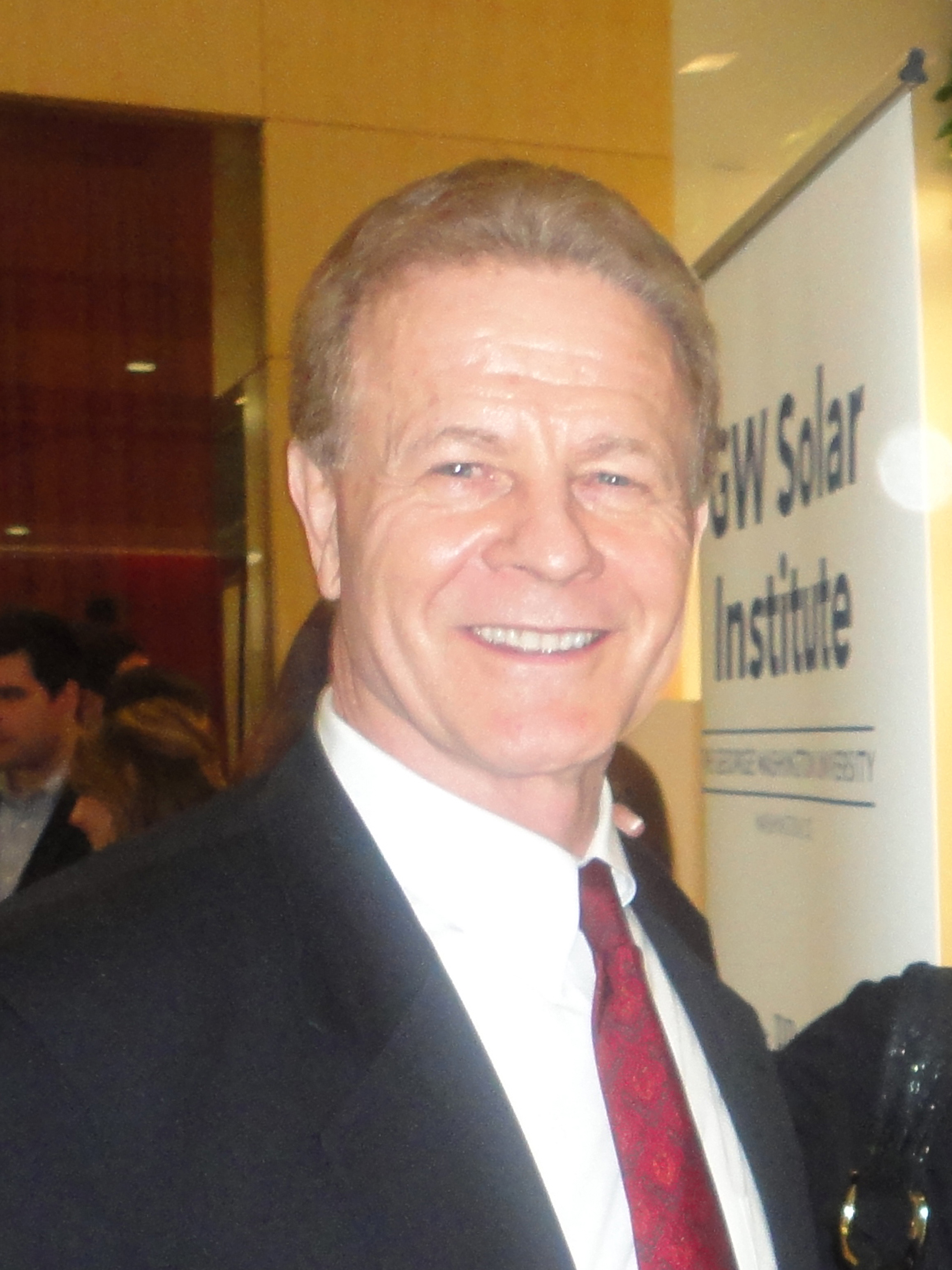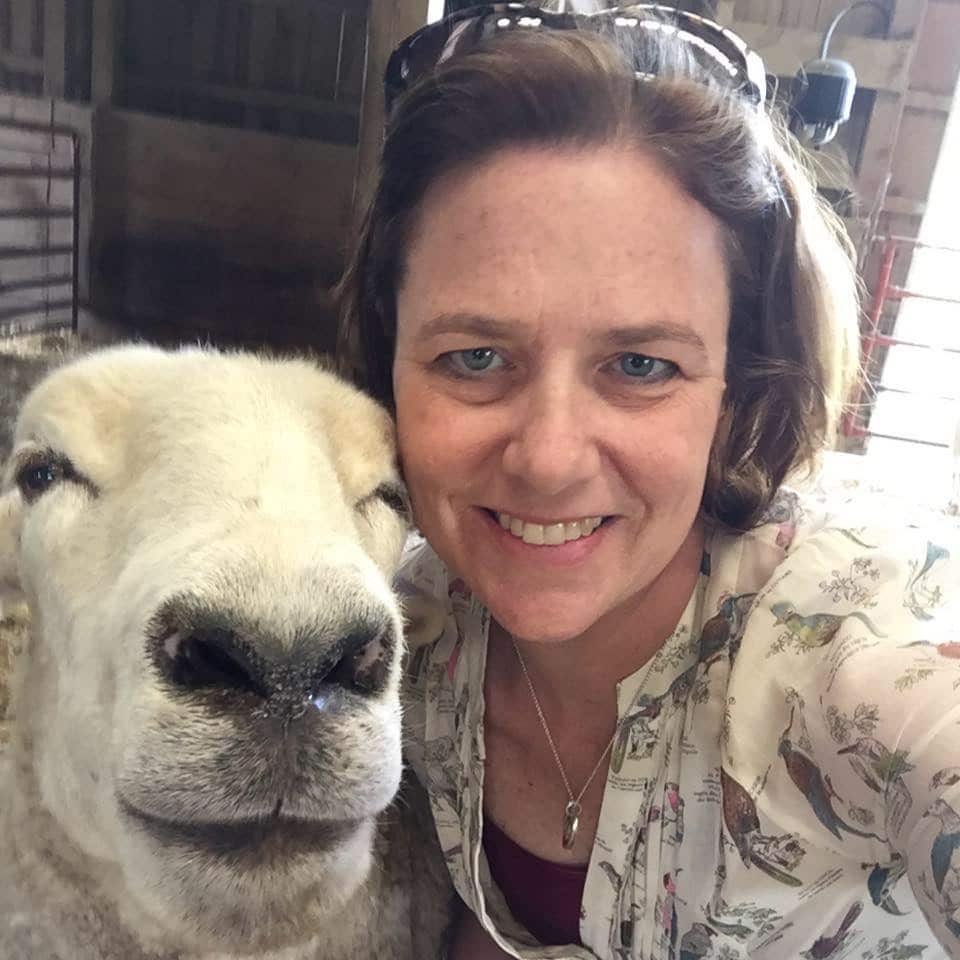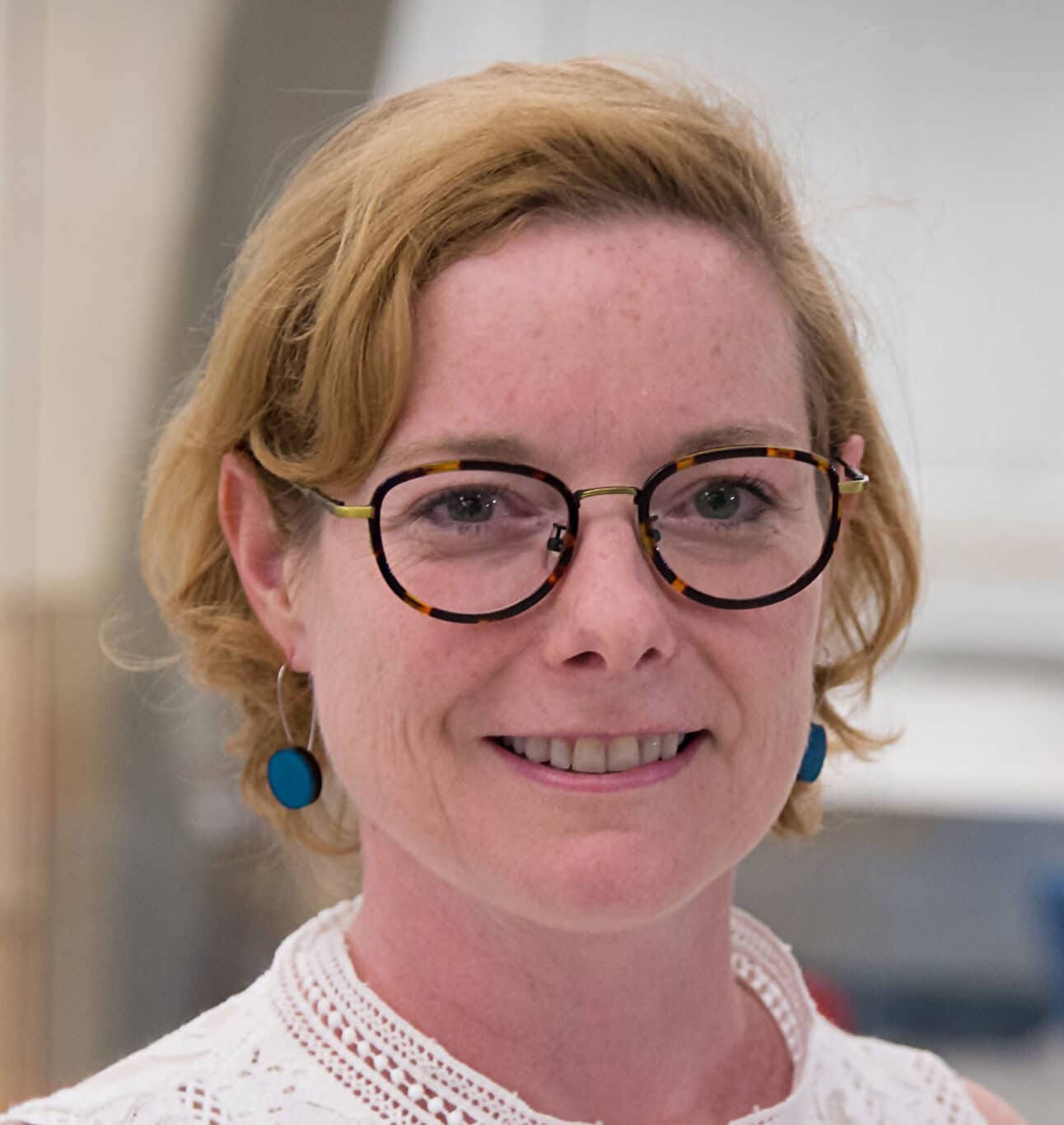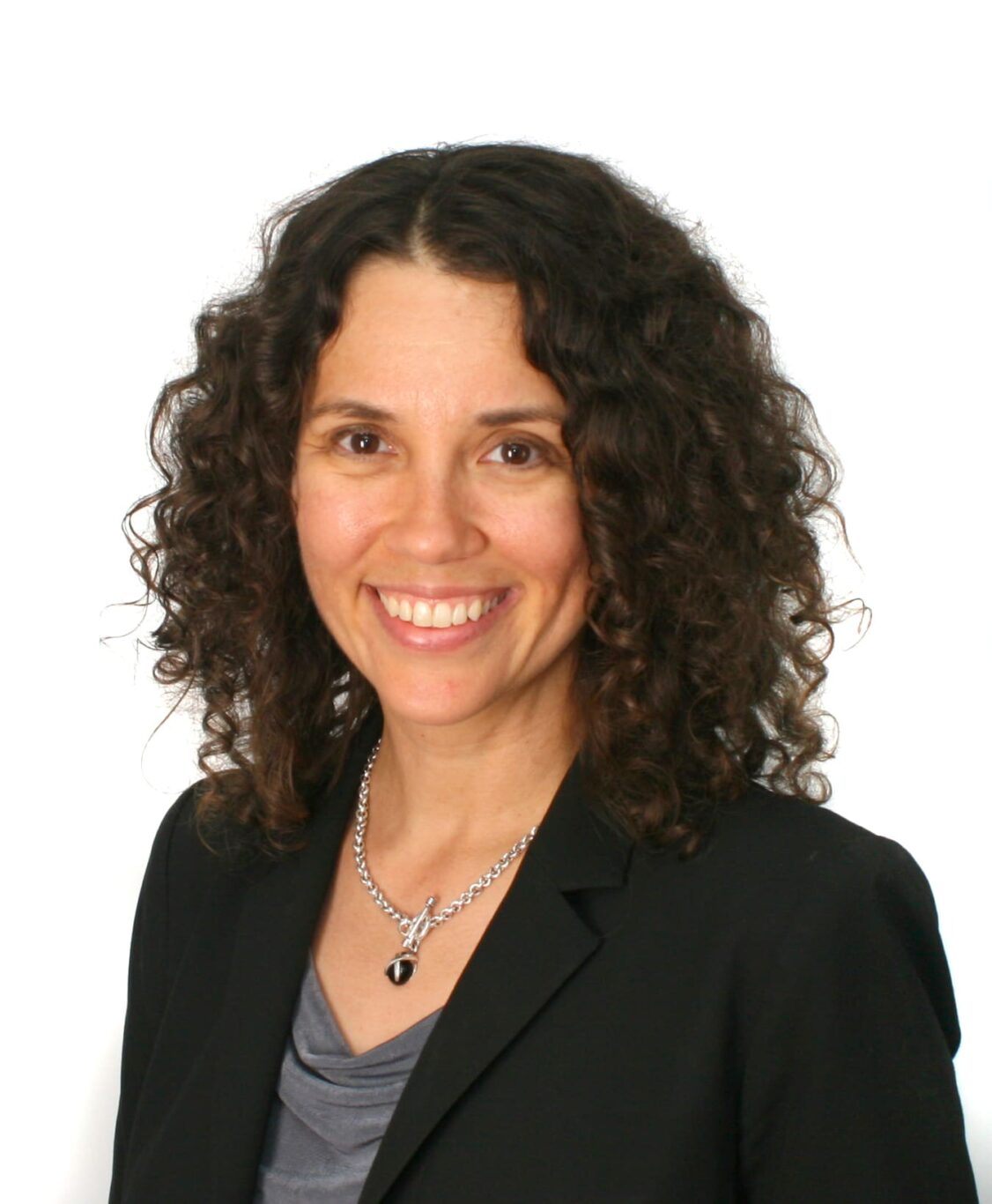FORUM
Tackling the population taboo: Creating a Sustainable future for children
Lehman Auditorium
See the panel descriptions here.
Thank you to our speakers, sponsors and attendees for a thought-provoking inaugural event! Follow our page, Facebook.com/HavingKids, where we will announce the date for next forum.
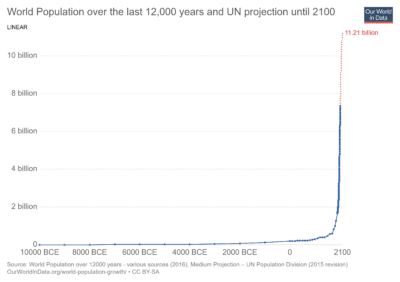 The world’s human population reached one billion in 1804. We’ve added our most recent billion in only 12 years. Our numbers have doubled since 1972. We’ll surpass 7.7 billion this year and are projected to reach at least 11 billion by 2100.
The world’s human population reached one billion in 1804. We’ve added our most recent billion in only 12 years. Our numbers have doubled since 1972. We’ll surpass 7.7 billion this year and are projected to reach at least 11 billion by 2100.
Yet the topic of human population is often considered taboo, if considered at all. There is fear that any discussion is a slippery slope for human rights violations, while temporal myopia hampers engagement.
This forum seeks positive, achievable, and inclusive solutions to the greatest driver of environmental impact (including climate change and species extinction) and inequality: unsustainable human growth.
Population is a complicated and uncomfortable subject that implicates other complicated and uncomfortable subjects. Personal freedoms. Birth control. Abortion. Adoption. Religion. Immigration. Ethnicity. Race. National, cultural, and wealth differences. To those, add the stigma raised by China’s one-child policy, the belief that healthy economies require population growth, and the suspicion that advocating for population reduction is a guise for dislike of children, humans, or life.
There are minefields aplenty. But the costs of inaction are far higher. The increasing impacts of climate change and unequal opportunities will disproportionately affect the poor, those least responsible, and those least able to adapt to changing conditions.
Let’s discuss context-appropriate solutions and work together. Our kids and future generations are counting on us.
We’ll explore questions such as:
- What can federal, state, and local government actions should be considered? Changes to tax and family planning policies?
- How can the Green New Deal be more effective?
- What is our role, if any, in helping other countries? What can we learn from other countries?
- How much can we accomplish via incentives, instead of penalties?
- To what extent can improvements in other areas (empowering women, reducing poverty, improving education…) help with population as well?
- How can we employ messaging that is effective, and not counterproductive?
- Do we need a new framework for procreative ethics? New social norms? A broader concept of family?
Reception
A reception will immediately follow the forum at 6:30P.M., adjacent to the auditorium. The reception will be catered by DAM Good Vegan, and is courtesy of Sustainable GW.
Vegan refreshments will be offered throughout the forum courtesy of Compassion Over Killing.
Keynote Address:
What should I—and we—do about overpopulation?
Read the abstract for the keynote address.
Travis Rieder, PhD, is the Assistant Director for Education Initiatives, Director of the Master of Bioethics degree program and Research Scholar at the Berman Institute of Bioethics. He is also a Faculty Affiliate at the Center for Public Health Advocacy within the Johns Hopkins School of Public Health.
Travis has several research programs, though the issue he has spent the most time thinking about concerns ethics and policy questions about sustainability and planetary limits. Much of this research has been on issues in climate change ethics and procreative ethics with a particular focus on the intersection of the two – that is, on the question of responsible procreation in the era of climate change. His publications have appeared in several journals on this topic, as well as in a short book with Springer, entitled Toward a Small Family Ethic (2016). He also works on food ethics related to climate change and sustainability, and is currently a member of the Global Food Ethics and Policy team, focusing on ethical issues concerning high-emissions food, in particular animal-sourced foods.
In addition to his more scholarly writing, Travis is firmly committed to doing bioethics with the public, and to that end writes and interviews regularly for the popular media; his work has appeared in very many high-impact publications, including The Guardian, Washington Post, NPR’s All Things Considered, New Republic, and IFLScience. He writes regularly for The Conversation and blogs occasionally at The Huffington Post and the Berman Institute Bioethics Bulletin.
Other speakers include:
At Having Kids, Ashley is developing campaigns to spark a national discussion on the connection between our family planning choices and our impact on the world. She has previously worked with Ethical Choices Program and Animal Recovery Mission, in partnership with the Sustainability program at Florida Tech where she led the effort to make the Florida Marathon one of the greenest endurance events in the nation, and is currently advising Communications and Development for OneProtest, where she serves as a board member as well. She also is on the board of Space Coast Animal Rights. Ashley is driven by the urgency to enact high-level change for the sake of all of our planet’s inhabitants.
Sarah Bexell is Clinical Associate Professor in the Graduate School of Social Work and Director of Humane Education in the Institute for Human-Animal Connection, both at the University of Denver. She is also Senior Advisor to the Chengdu Research Base of Giant Panda Breeding and faculty member of the Institute for Humane Education-Valparaiso University where she teaches Animal Protection. At the University of Denver she teaches in the areas of sustainable development, animal studies and humane education. She serves as Community Connections Associate with Having Kids, Inc. Her interests and work in human population issues stem from concern for human rights, animal protection and environmental preservation.
N. Kate Cho, MHS, Senior Program Officer, The Challenge Initiative at the Bill & Melinda Gates Institute for Reproductive Health
N. Kate Cho is an international public health specialist with over 15 years working on family planning and reproductive health issues in low-income countries. Her interest in population issues began with the popular course “Global Problems of Population Growth” at Yale University. Better known by its alternative title “Monkey Sex,” what was simply a way to take a fun class with friends auspiciously changed the trajectory of her life. After graduation, she began her career working for a small NGO that produced radio soap operas in Ethiopia and Mali that told dramatic stories about the negative impacts of high fertility and rapid population growth on health, economic growth, social cohesion, and the environment. Since then, she has worked in or supported family planning programs in 13 countries to reduce undesired pregnancies and meet the growing demand for contraception. She currently serves as Senior Program Officer for Advocacy and Accountability at The Challenge Initiative, an urban family planning program housed at the Bill & Melinda Gates Institute for Reproductive Health at Johns Hopkins University. She has worked on several presidential campaigns in the U.S. and sits on the Program Advisory Board for Population Media Center.
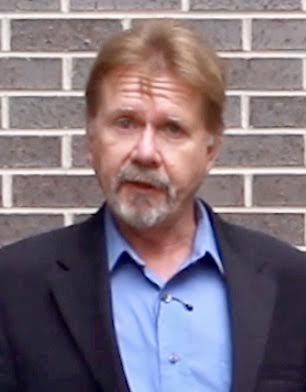
Brian Czech, PhD, Executive Director, Center for the Advancement of the Steady State Economy (CASSE)
Brian Czech served as a conservation biologist in the headquarters of the U.S. Fish and Wildlife Service from 1999-2017 and as a visiting professor of natural resources economics with Virginia Tech through most of that period. He is the author of three books: Supply Shock, Shoveling Fuel for a Runaway Train, and The Endangered Species Act: History, Conservation Biology, and Public Policy. He has published over 50 academic journal articles in more than 20 peer-reviewed journals. Czech is a frequent speaker, commentator, and a regular contributor to the Steady State Herald, CASSE’s blog. He has a B.S. from the University of Wisconsin, an M.S. from the University of Washington, and a Ph.D. from the University of Arizona. https://steadystate.org/

Abdul Malik Ghauri, Population Planning Advocate and Former Magistrate & Senior Civil Officer of Pakistan
Abdul Malik Ghauri, a staunch advocate for population planning, hails from Pakistan, where he served as Magistrate & Senior Civil Officer in the government. He has been the top position holder in the General Competitive Examination held by the Public Service Commission, and he has a Masters in English & Law.
His research and observations have led him to conclude that overpopulation is the fundamental threat to all of us, with population growth linked to armed conflicts, civil wars, cruelty against animals, environmental degradation, human trafficking, and heinous crimes. He advocates for contraception. He also encourages engagement with China, a country that has directly addressed its crisis-level population problems, to learn more about the reasons for the one-child policy, and the impacts, successes, and mistakes of the policy and its implementation.
Abdul is an eyewitness to the tragedies that overpopulation and higher birth rates bring to human societies in Pakistan, Bangladesh, India, China, and other countries. In his travel to those countries, he has interacted with population planning organizations and activists. He trains and motivates the population planning officers, civil officers, journalists, and other community leaders, including Parliamentarians, to take immediate steps to prevent a population explosion that is a threat to all life on earth. He founded a family planning magazine “Jannat Ghar,” which means “Paradise Home.” World Population Balance, a US-based nonprofit, published his article and interview about the population explosion. He has proposed draft legislation in Pakistan to promote responsible family planning. Photographed above at Hiroshima, he says, “the Population Bomb is more dangerous than all atomic bombs.” Read his CV here.
Leilani Münter, Race Car Driver and Environmental Activist
Leilani Münter is a biology graduate, race car driver and environmental activist. Discovery’s Planet Green named her the #1 eco athlete in the world, ELLE Magazine awarded her their Genius Award, and Sports. Leilani’s motto is: never underestimate a vegan hippie chick with a race car.Illustrated named her one of the top ten female race car drivers in the world. Leilani sits on the Board of the Oceanic Preservation Society and was featured in their Emmy-nominated documentary film Racing Extinction. Leilani is vegan, her personal car is an electric Tesla Model S which she charges with solar power.
Alexandra Paul, Actress and Population Activist
Alexandra Paul is a longtime population activist. She co-wrote and produced the educational film Jampacked on human overpopulation, and a sequel on overconsumption, The Cost of Cool. She has spoken to 6,000 Los Angeles schoolkids on this topic, and in 1997 the United Nations Population Fund honored her for her work. In 2005, the ACLU of Southern California named her Activist of the Year. In 2012, she spoke at TEDx Topanga on the benefits of the one-child family and traveled to Sierra Leone to volunteer for Population Media Center. She is on the board of advisors of World Population Balance and hosted 150 episodes of the environmental talk show, EarthTalk Today. Alexandra presented on the human overpopulation issue at the 2017 and 2018 National Animal Rights Conferences. Alexandra
is also an actress living in Los Angeles, who has appeared in over 100 movies and television shows, including starring for 5 years on the television series
Baywatch.
Willow Phelps, Age 11, Suing Federal Government Over Climate Change
Willow Phelps is dedicated to being a steward for animals and the environment. She is part of the lawsuit which aims to ensure that the government protects the environment for the benefit of animals, thus making laws that are more protective of humans. Named ASPCA Kid of the Year in 2016, Willow has raised nearly $17,000 for organizations that help both animals and people by making cat toys, running 5K’s and swimming a one-mile lake every summer on her birthday. Willow has participated in Girls in Politics in Washington DC, campaigning for a Senate seat on the issues of climate change and factory farming. She is a camp counselor and youth task force member for St. Hubert’s Animal Welfare Center and also volunteers with Chilis on Wheels, an organization in NYC
making veganism accessible to communities in need through food shares, clothing and supplies. At school Willow volunteers with the ARC of NJ program to provide fun activities, games and social and emotional support for kids with intellectual and developmental disabilities. Willow has fostered countless homeless and orphaned kittens and puppies and provides hospice care for both dogs and cats. When she is not saving the world, Willow enjoys competing on the swim team, surfing, hiking, lacrosse,
guitar and spending time with her own dogs, cats and 25 year old rescued horse, Reba.
David R. Rain, PhD, Associate Professor of Geography and International Affairs, The George Washington University
Dr. Karen I. Shragg, Naturalist and Children’s Book Author
MovingUpstream.com
Terry Spahr, Executive Director, Earth Overshoot; Producer, 8 Billion Angels
A graduate of the University of Pennsylvania’s College of Arts & Sciences and Fels Center of Government, Terry Spahr built a 25-year career in the insurance, investment, and real estate industries. In 2016, Terry left the corporate world to work in environmental advocacy and social justice by researching, writing, and producing 8 Billion Angels, a documentary feature exploring the impact of humanity’s growing numbers on planet Earth. The film details mankind’s rapid ascent across the globe and the inextricable links between population and our ever-increasing food, water, climate, pollution and extinction emergencies. Unlike other environmental documentaries, the film proposes real solutions to bring about a sustainable future. Most recently, Terry established Earth Overshoot, a non-profit designed to promote public and private action to make ecological limits central to all decision-making.
Chris Weiss, Executive Director, DC Environmental Network & Director of Global Green’s DC Office
Chris Weiss has been the Executive Director of the DC Environmental Network (DCEN) since 2002. DCEN was founded by 11 environmental organizations and foundations, including Friends of the Earth, Institute for Local Self-Reliance, Sierra Club (Washington, DC Chaper), and other DC focused advocates. DCEN has a vision of rebuilding Washington, DC’s neighborhoods and communities for long-term economic stability — accomplishing this by protecting and restoring the Capital City’s urban environment. With Chris as its Executive Director, DCEN is now a thriving coalition of organizations and advocates focusing shared resources on sustainability challenges. DCEN helps lead campaigns addressing major environmental problems in the region, including global warming, contaminated drinking water, air pollution, congested traffic, neighborhood trash, degradation of the Anacostia River, and lead contamination. DCEN recently helped lead a successful campaign to create the strongest greenhouse gas reduction targets in the country.
DCEN is part of Global Green. For 20 years, Global Green USA has helped local governments, schools, and public agencies integrate sustainable design, clean energy, and water reduction measures, and helped people reduce waste, live better, and act more sustainably. The DC office provides a presence in the nation’s capital city and a regular seat at the table when important national sustainability priorities are discussed and acted upon.
Chris’s previous experience includes a decade as an election campaign consultant, and, just before joining DCEN, Chris served as Chief of Staff for Phil Mendelson, current Chair of the Council of the District of Columbia.
Tommy Wells, Director of the District of Columbia Department of Energy & Environment (DOEE)
Tommy Wells is chiefly responsible for protecting the environment and conserving the natural resources of the District of Columbia. Tommy’s team is comprised of approximately 300 environmental professionals collectively working to improve the quality of life for residents and the natural inhabitants of the Nation’s Capital.
Most recently, Tommy served as the DC Councilmember representing Ward 6—a position he held since 2006. During his time on Council, he garnered broad support for his efforts to make the District livable and walkable for all. Tommy worked with the City’s leadership and, in particular, residents of Ward 6 to create a shared and respected place where drivers, cyclists, pedestrians, and exercise enthusiasts can co-exist safely. Read the full biography.
Welcomes by:
Jonathan P. Deason, PhD, Professor, The George Washington University
Jonathan P. Deason has served as the Director of the Environmental and Energy Management Program in the School of Engineering and Applied Science at the George Washington University since 1996. He previously was Director of the Office of Environmental Policy and Compliance at the U.S. Department of the Interior, where he managed nine regional offices across the nation and seven staff divisions in Washington, D.C. Jon holds a Ph.D. in environmental systems from the University of Virginia, an M.S. in environmental engineering from the Johns Hopkins University, an M.B.A. in management from the Golden Gate University in San Francisco, and a B.S. in engineering from the U.S. Military Academy.
He has published extensively in the environmental literature, served in elected leadership positions in a variety of professional associations, received many awards from NGOs and governmental organizations, and was the facilitator of the Renewable Natural Resources Foundation’s “Congress on Human Population Growth: Impacts on the Sustainability of Renewable Natural Resources” that occurred at the George Washington University during the period September 16-19, 1998.
Erika Mathews, Executive Director, Having Kids
Erika Mathews has dedicated her career to animal welfare and the environment through fundraising and hands-on animal care and rescue. She holds a bachelor’s degree in English/Journalism and German from Rutgers University and brings 20 years of experience working for animal protection organizations, including the St. Hubert’s Animal Welfare Center, Nonhuman Rights Project, Farm Sanctuary, the Animal Legal Defense Fund and the American Society for the Prevention of Cruelty to Animals.
Dr. Tara Scully, Director of the Sustainability Minor Program and Assistant Professor of Biology, The George Washington University
At GW, Dr. Scully regularly teaches introductory biology and sustainability courses and laboratories to non-science majors. Currently, she teaches five different courses: Introduction to Sustainability; The Biology of Nutrition and Health; The Ecology and Evolution of Organisms; Food, Nutrition, and Service; and Understanding Organisms through Service Learning.
Dr. Scully received her MS, specializing in forensic science research with a concentration on fiber evidence and a PhD with a research focus on developmental biology from The George Washington University. She has authored many research articles along with the book: Discovering Biology in the Lab: An Introductory Laboratory Manual as well as Why We Eat Food. Dr. Scully works with many different DMV area community partners on topics ranging from nutrition to invasive species. Her service and instructional work has resulted in being award the university-wide Faculty Engagement Award 2016 from the Honey W. Nashman Center for Civic Engagement and Public Service and this year is receiving the Morton Bender Teaching Award.
Maureen Cohen Harrington is Special Projects Manager at Having Kids. In 2017, she organized and moderated the first-ever panel about human overpopulation to be held at the Animal Rights National Conference, the world’s largest and longest-running animal rights gathering. She is vice president of the Congressional Vegetarian Staff Association, member of the Committee of 100 on the Federal City, on the board of Washington Area Lawyers for the Arts, and vice president of Washington Area Roadskaters. In her day job, she is Senior Counsel at the Library of Congress Office of the General Counsel. She shares a home with two feline Louisiana flood refugees.




